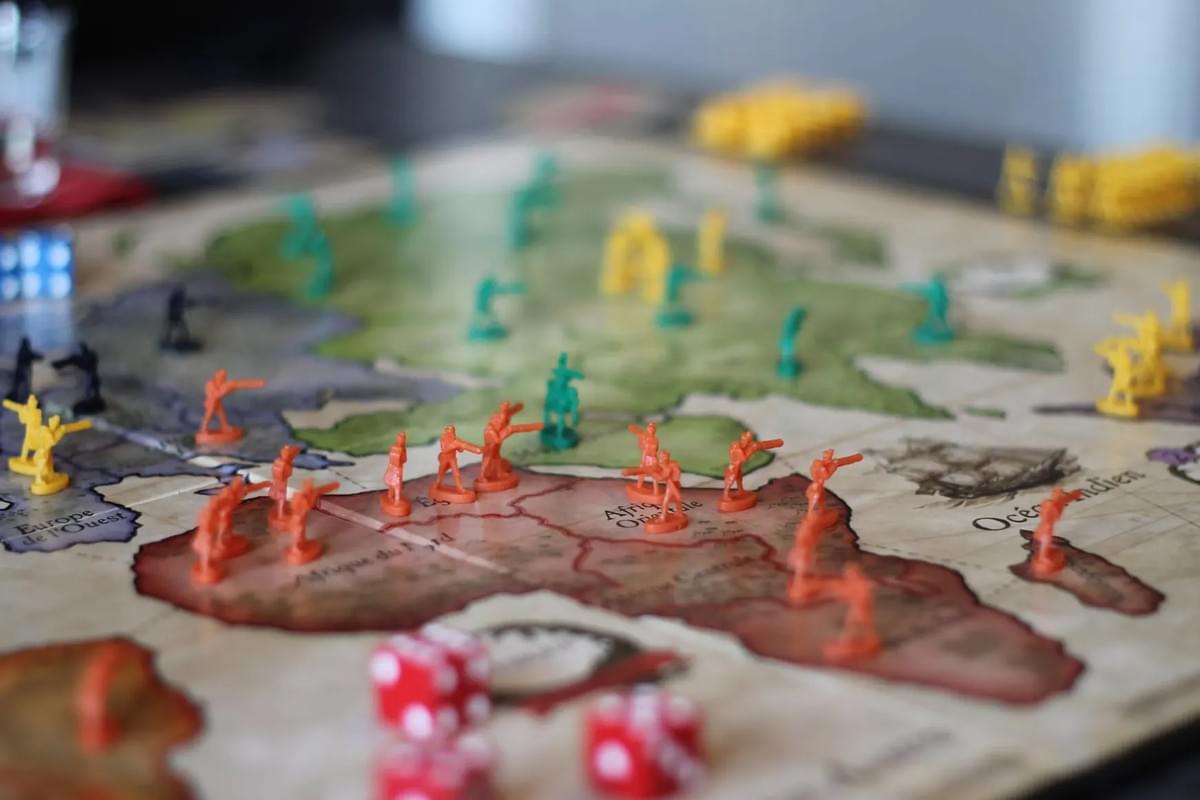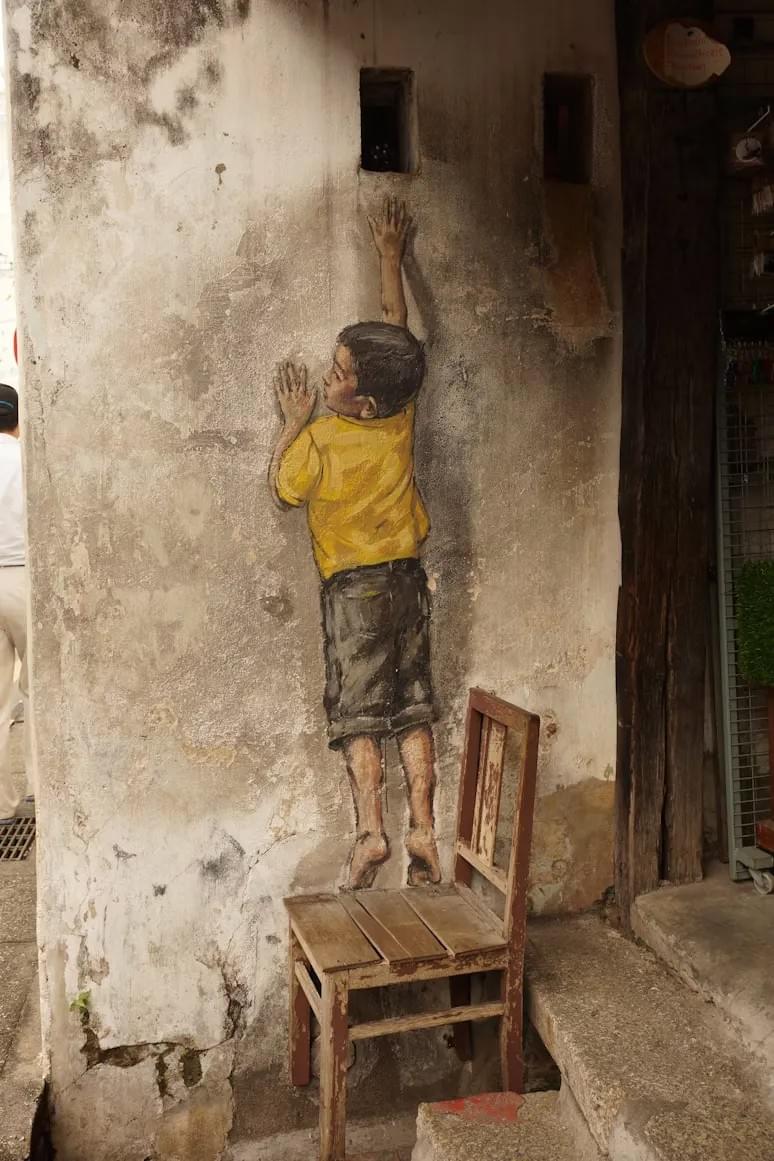Read on Medium: Play With Meaning: A Philosophy of Games
Games can be the spark of creativity, a test of skill, or a simple way to pass the time. But beneath the laughter and the performance, their purpose isn’t always the same. To win, to grow, for fun, or for necessity? In the bigger picture, are we playing simply to win or to become more human?
Games as the Blueprint of Society
To examine these questions, one could start at the beginning. Before we had societal, economic, and spiritual belief systems in place, we had games.
Dutch cultural theorist Johan Huizinga argues that the foundations of civilisation emerge from play. He argues that the systems we have in place began as forms of play, which gave way to structured roles and rules that evolved into the systems we have today.
Wordplay relates to language, world-building to law, strategy to war, communication and understanding to relationships, memory games to knowledge, performance to poetry and art, storytelling to myth, and imagination to philosophy. All of which are segments of play and games that have transformed and evolved into different guises, and the web of possibilities is not limited to just these branches of examples.
Playing games spans time, cultures, and species. Through this lens, it seems to be a necessary element to human evolution.

Rehearsal for life
Games also allow children to practice ways of being and dealing with different scenarios and issues in a low-risk environment. Through playing pretend games of buying and selling, creating make-believe families with dolls, and acting out imaginary relationships that build on stories and emotions, games can provide a space for the developing mind to explore situations they have yet to deal with. This allows room for creation, innovation, as well as mental and physical freedom within these scopes.
When it comes to competitive games, children can learn how to cope with loss, and situations that are unfavourable, unexpected, and are taught how to asses outcomes and consequences of their own actions in a dynamic and random world.

The Identity Experiment
Games can also help kids figure out who and what sort of person they want to become, like an experiment in identities.
For example, through roleplaying, we can learn about other ways of living and being. It can allow us to experience the perspective of others, learn about different ways of decision-making, the stakes that different people face, and also the consequences of actions in the real world.
However, can one argue that roleplaying has become so second nature that it has sneaked its way into becoming a part of our day-to-day lives? Is it roleplaying when we put on a smile and personality at work? Is it roleplaying when we act a certain way in front of a specific group of friends or family? And, how many of us are aware of these shifts in personality?
Is this how we are, or is there a specific “who” we are?
So, do we play games as kids to prepare for the different possibilities of life, or are we practicing the different ways of facing it? And thus, is life itself the ultimate identity experiment?

Escape into Play
Let’s consider: If we trade in personalities based on our environment, what does it mean when we dissolve into the world of games?
Playing games can soothe, relax, and act as a fun pastime activity or even a “hobby” that benefits the body, mind, and social skills. For children and adults, these can include sports, board game nights, and even drinking games.
But can it also serve as a distraction from real life? In the particular case of video games, does it serve as an escape into something that isn’t real and does not benefit us in the natural world?
Thus, is this another evolution of gameplay that has come so far with us in our lives that it has made a 180 turn into a hindrance rather than a tool for development?
As with other essentials for healthy growth, such as fruits, fire, and sun, the key is moderation, and too much for too long can prove to be detrimental. Is this what has happened with our games?

A Gamified Reality
Social media and dating apps are the most prominent examples of an increasingly gamified world. They blur the lines of reality within relationships we have with others and with ourselves. Real-life situations can become seen as risk-free environments when they are not; realities can become distorted with unreasonable expectations, and all of which can result in a lack of responsibility, accountability, and commitment.
So at the end of the day, are we living the game or utilising its structures?

The Game of Life
To experiment, learn, grow, and become more human. To give structure and meaning to chaos and the formless. To experience joy, release, and pleasure. These are the core purposes of games and play in our human lives.
But in the unclear borders of today’s games and stories, does it then also serve to: Provide an escape from one’s undesired reality? To walk through existence with a lack of understanding of real-life stakes? And, how does this impact our relationships with others and with ourselves?
Are we being prepped for the “games of life,” or is life becoming a game itself?
- Kayli Wouters
Read on Medium: Play With Meaning: A Philosophy of Games
